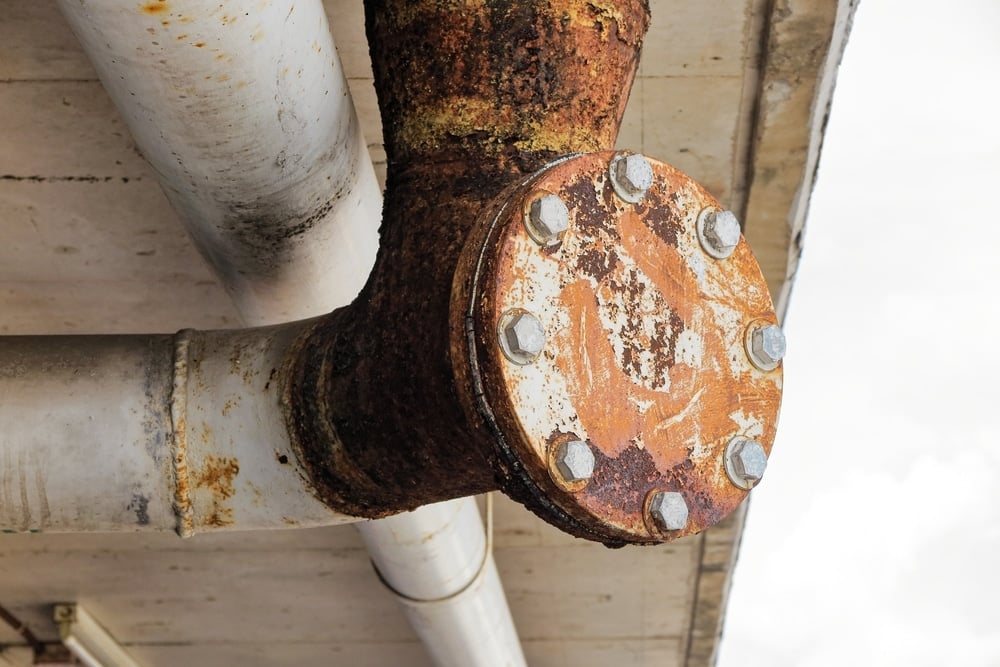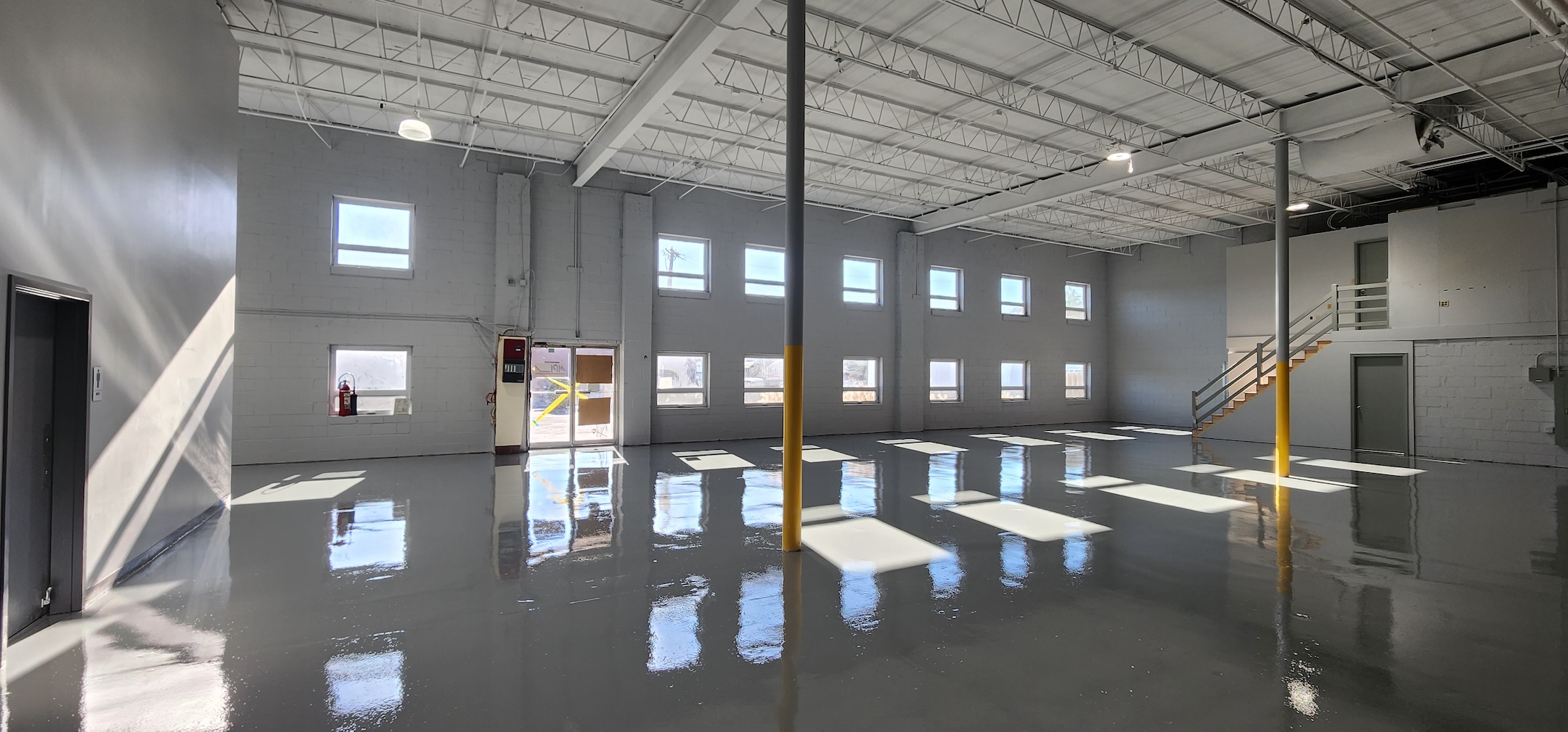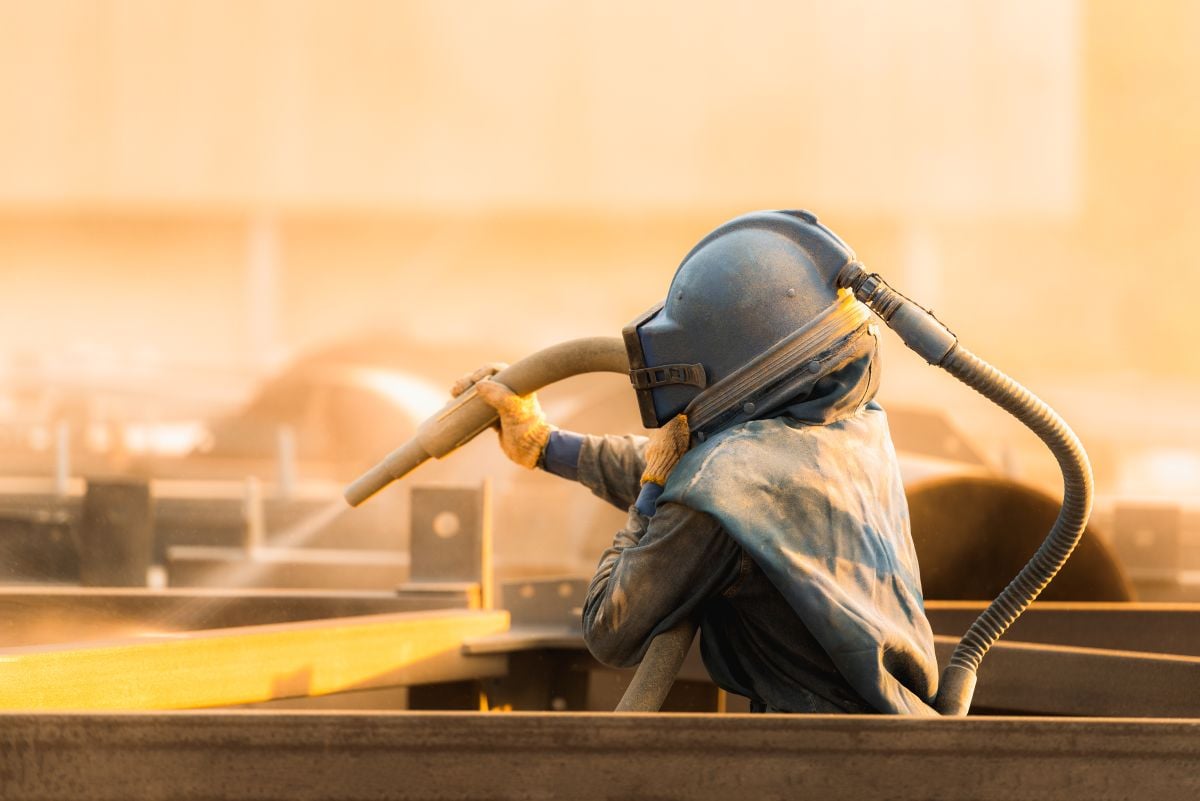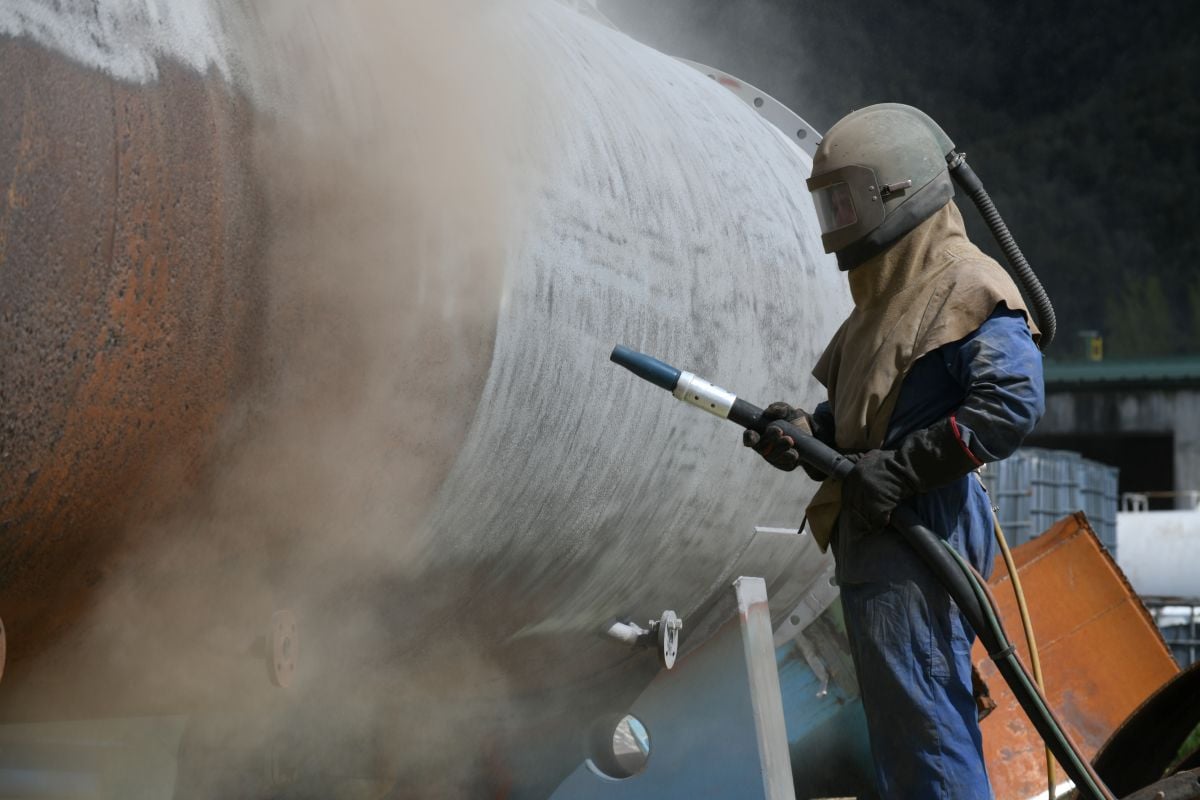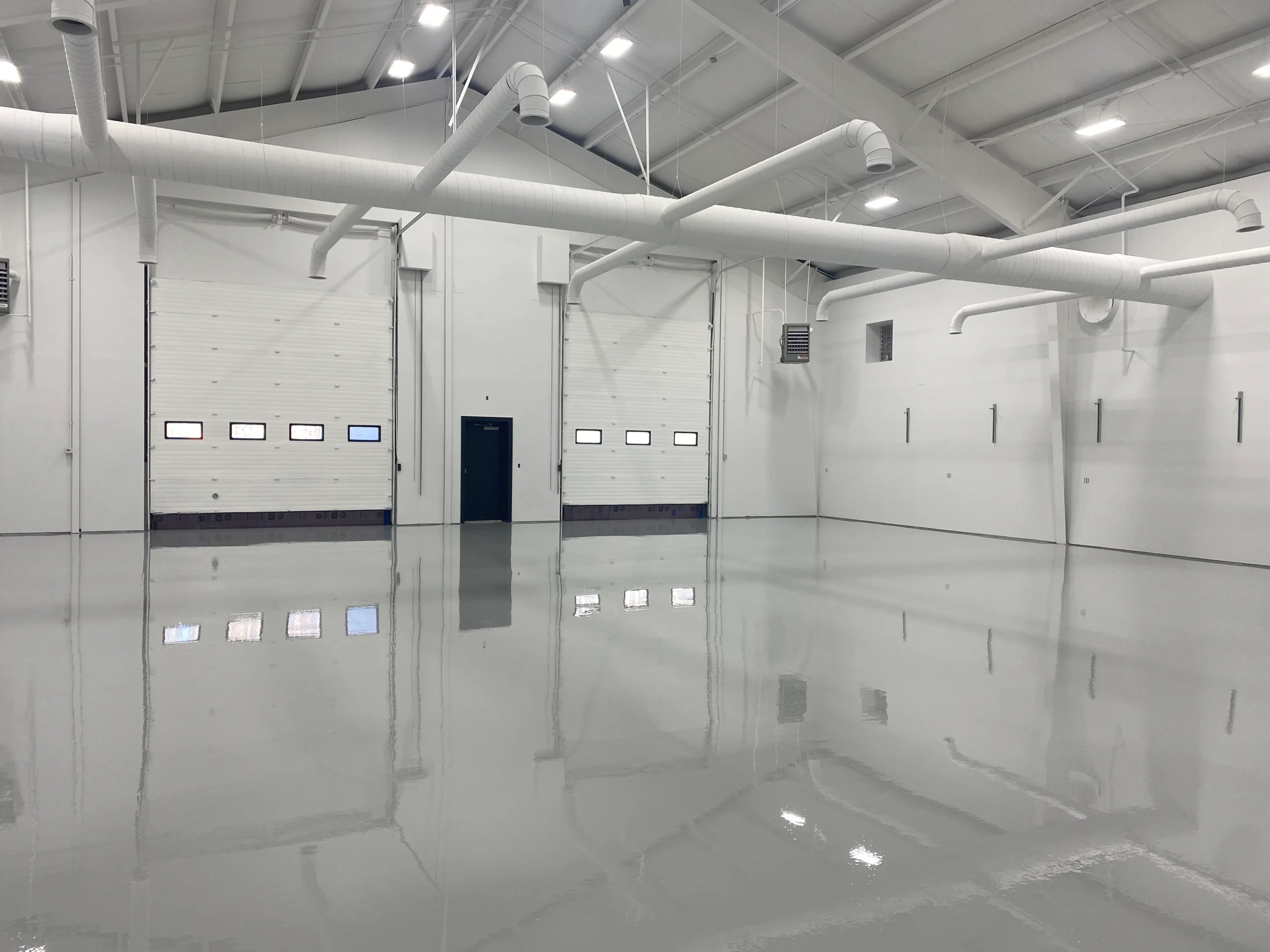In the world of commercial and industrial assets, longevity is key. One of the most effective ways to extend your assets’ life is through corrosion-resistant coatings. Let’s dive into how these coatings can save you money and headaches in the long run.
Understanding Corrosion and Its Impact
Corrosion is more than just an eyesore; it’s a serious threat to the integrity of your commercial assets. Whether it’s machinery, storage tanks, or structural components, corrosion can lead to costly repairs, downtime, and even safety hazards. In essence, corrosion is a natural process where materials, especially metals, deteriorate due to chemical reactions with their environment.
The economic impact of corrosion is staggering. Industries across the board spend millions annually on repairs and replacements due to corrosion damage. But here’s the good news: with the right corrosion-resistant coating, you can significantly reduce these costs and extend the life of your assets.
Types of Corrosion Resistant Coatings
There are several corrosion-resistant coatings tailored to different materials and environments. Let’s break down some of the most effective options and their use cases:
Corrosion Resistant Coating for Steel
Steel is known for its strength, but it’s also notorious for its vulnerability to rust. There are specialized coatings for steel that create a barrier that prevents oxygen and moisture from reaching the metal surface. Popular options include:
- Epoxy Coatings: The epoxy coatings provide excellent adhesion and chemical resistance, making them ideal for industrial environments.
- Zinc-Rich Primers: These offer sacrificial protection, corroding in place of the steel substrate.
Corrosion Resistant Coating for Aluminum
While aluminum naturally forms a protective oxide layer, additional protection is often necessary, especially in harsh environments. The coatings for aluminum include:
- Anodizing: This electrochemical process creates a durable, corrosion-resistant oxide layer.
- Powder Coatings: These provide a tough, long-lasting finish that resists chipping and peeling.
Organic Coatings
These coatings, made from carbon-based compounds, offer versatility and ease of application. They’re excellent for a wide range of commercial and industrial applications.
Inorganic Coatings
For extreme environments, inorganic coatings like ceramic coatings offer superior heat and chemical resistance.
Benefits of Corrosion Resistant Coatings
Investing in corrosion-resistant coatings offers numerous advantages:
- Extended Asset Lifespan: By protecting against corrosion, these coatings significantly extend the useful life of your equipment and structures.
- Cost Savings: While there’s an upfront cost, the long-term savings in reduced maintenance and replacement costs are substantial.
- Improved Safety: Corroded structures can pose serious safety risks. Protective coatings help maintain structural integrity, ensuring a safer work environment.
- Enhanced Appearance: Beyond protection, these coatings keep your assets looking professional and well-maintained.
- Versatility: Whether it’s for indoor machinery or outdoor structures, there are coatings suited for certain environments and materials.
The Application Process
The effectiveness of a corrosion-resistant coating depends heavily on its application. Here’s what that process should look like:
- Surface Preparation: This crucial step involves cleaning and preparing the surface to ensure maximum adhesion. Use techniques like abrasive blasting or chemical cleaning, depending on the substrate and coating type.
- Coating Application: The application method depends on the situation, including spray coating, dipping, or powder coating, and selecting the most appropriate technique for your specific needs.
- Quality Control: It’s important to conduct thorough inspections to ensure uniform coverage and proper thickness.
- Curing: Follow manufacturer-specified curing times and conditions to achieve optimal coating performance.
Maintenance and Long-Term Care
To maximize the benefits of corrosion-resistant coatings, proper maintenance is key. Here’s what’s recommended for long-term care:
- Regular Inspections: Periodic checks help identify any damage or wear early on.
- Cleaning: Regular cleaning prevents the buildup of corrosive substances on the coating surface.
- Prompt Repairs: Addressing any coating damage quickly prevents corrosion from taking hold.
Advancements in Corrosion Resistant Coatings
The field of corrosion protection is constantly evolving. Some of those exciting developments include:
- Self-Healing Coatings: These innovative coatings can repair minor damages automatically, offering an extra layer of protection.
- Nanotechnology: Nano-based coatings provide enhanced protection in an ultra-thin layer, offering superior performance without adding significant weight.
- Environmentally-Friendly Options: There’s a rise in eco-friendly coatings that offer excellent protection without harmful environmental impacts.
Choosing the Right Coating for Your Needs
Selecting the appropriate corrosion-resistant coating depends on various factors:
- The material of your asset (steel, aluminum, etc.)
- The environment it’s exposed to (indoor, outdoor, marine, chemical, etc.)
- The level of protection required
- Budget considerations
At McLean Company, our experts work closely with you to assess your specific needs and recommend the most effective coating solution.
Protecting Your Investment with Corrosion Resistant Coatings
Corrosion-resistant coatings are more than just a protective layer; they’re an investment in the longevity and reliability of your commercial assets.
At McLean Company, we understand that each business has unique needs, and we’re here to provide tailored solutions that protect your assets and your bottom line. From selecting the right coating to ensuring proper application and maintenance, we’re with you every step of the way.
Contact us today (fill out our contact form or call 978-774-4330) to learn how our corrosion-resistant coatings can extend the life of your commercial assets, reduce maintenance costs, and keep your operations running smoothly for years to come.
